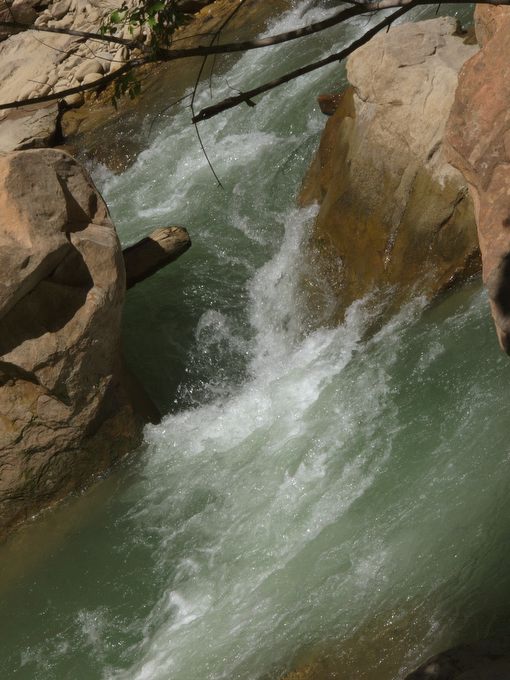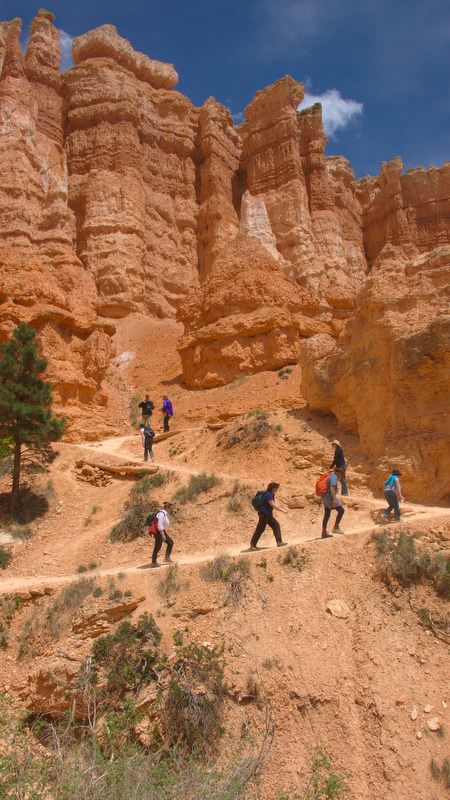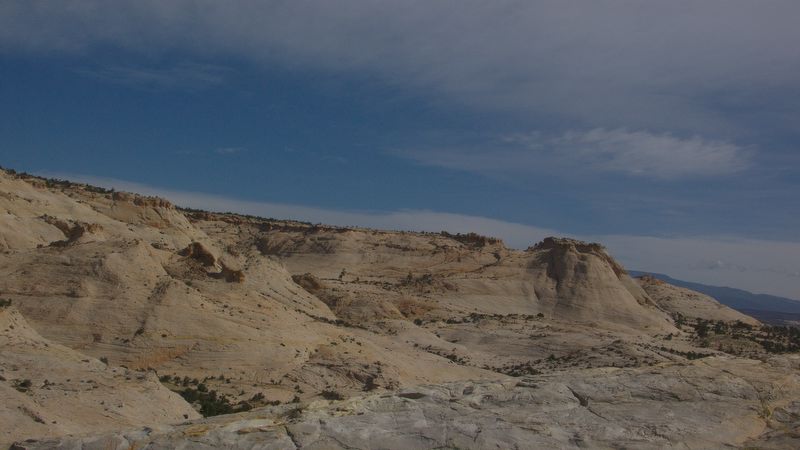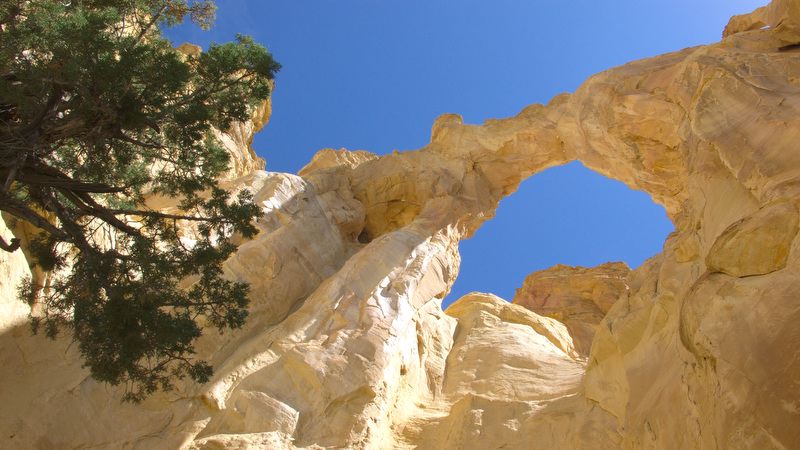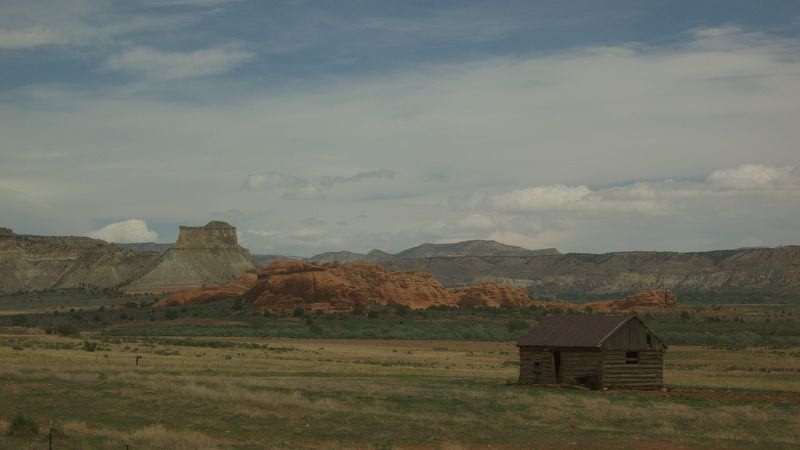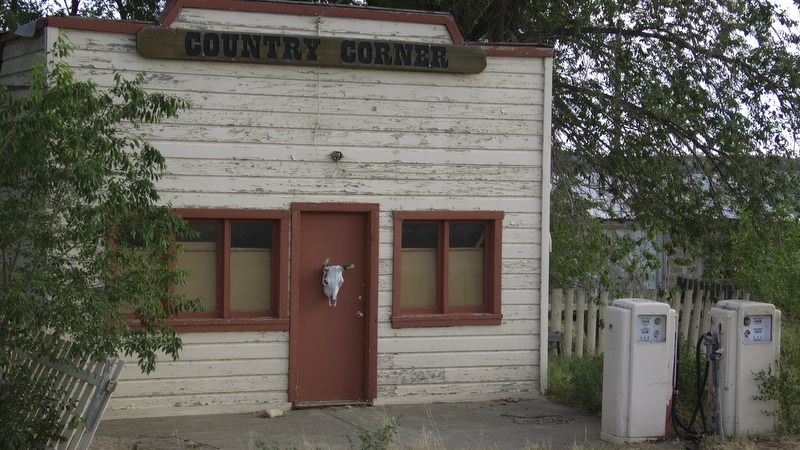
Category: Geography
Where You Vote Matters
“Subtle environmental cues can influence decisions on issues of real consequence,” write Jonah Berger and Marc Meredith, two doctoral students at Stanford’s Graduate School of Business, and S. Christian Wheeler, a Stanford marketing professor, in a paper (summary) reported in July’s SER. The “environmental cues” are surprising indeed: according to the authors, the polling places used by voters may influence their choices. One study showed voters in Arizona in 2000 were more likely to support a measure to increase the state sales tax, with the proceeds going to public education, if they voted in a school.
Back to the Future: The Suez Crisis
The Economist publishes a timely look back at the Suez Crisis:
The Suez crisis, as the events of the following months came to be called, marked the humiliating end of imperial influence for two European countries, Britain and France. It cost the British prime minister, Anthony Eden, his job and, by showing up the shortcomings of the Fourth Republic in France, hastened the arrival of the Fifth Republic under Charles de Gaulle. It made unambiguous, even to the most nostalgic blimps, America’s supremacy over its Western allies. It thereby strengthened the resolve of many Europeans to create what is now the European Union. It promoted pan-Arab nationalism and completed the transformation of the Israeli-Palestinian dispute into an Israeli-Arab one. And it provided a distraction that encouraged the Soviet Union to put down an uprising in Hungary in the same year.
Southwest Utah Trip: Zion National Park [N 37 13.027′ W 112 58.064′]
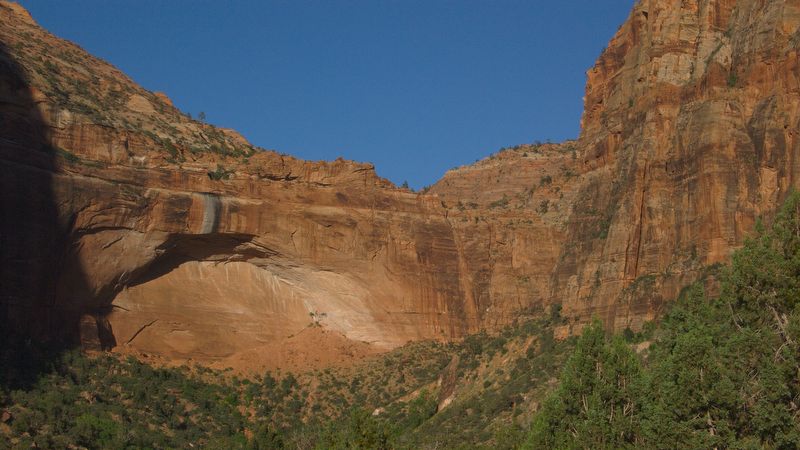
More photos here. [N 37 13.027′ W 112 58.064′]
Southwest Utah Trip: Bryce Canyon National Park [N 37 36.249′ W 112 09.396′]
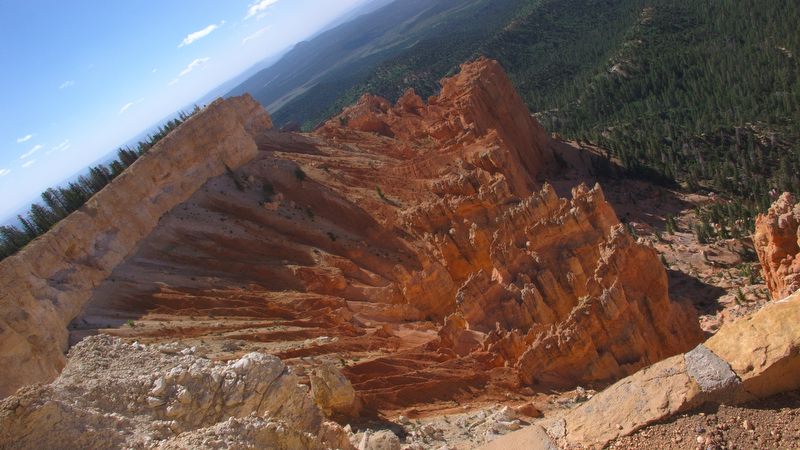
Many more photos here. [N 37 36.249′ W 112 09.396′]
A View Near the Kiva Koffeehouse N 37 46.332′ W 111 25.022′
Grand Staircase Escalante National Monument & Grovsner Arch N 37 27.267′ W 111 49.969′
Boulder, Utah Photos
More photos from our recent journey. This time, the Boulder, Utah area:
2006 Political & Economic Risk Map
AON:
Political, economic and social environments can shift at a moment’s notice, disrupting business operations for anyone involved in international commerce. Companies can be subjected to discriminatory action – or inaction – of foreign governments and third parties, potentially leading to forced shutdowns, relocations and other unforeseen expenses.
The impact of these political and economic exposures is examined by Aon Trade Credit in its 2006 Political & Economic Risk Map, created in conjunction with Oxford Analytica, an international, independent consulting firm of more than 1,000 senior faculty members at Oxford and other major universities and research institutions around the world.
A City of Great Magnitude
In April 1906, 70 years before my own first visit, Enrico Caruso also thought he was lucky to be here. The famed Italian tenor was supposed to be in Naples, but Mt. Vesuvius had erupted two weeks before, and Caruso thought he would be safer in San Francisco , where, after all, there are no volcanoes. “God has sent me here,” the singer declared before he went to bed the night of April 17. When he was shaken from that bed the following dawn, Caruso changed his opinion of the Almighty’s intent. “We are all doomed to die!” he shouted at his valet.
Jeanne Cooper chronicles the great quakes from 1906 to 2006.
